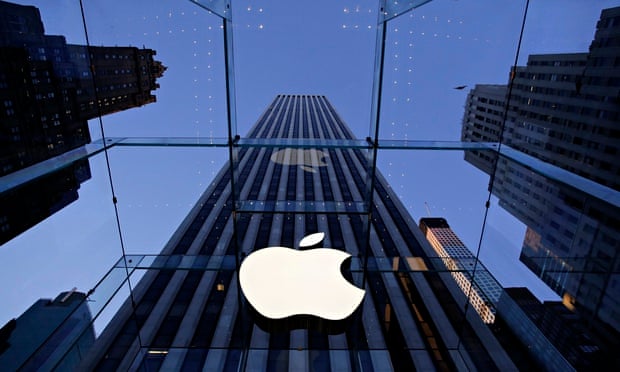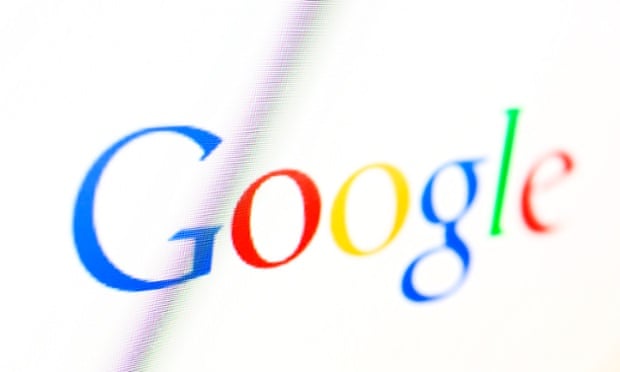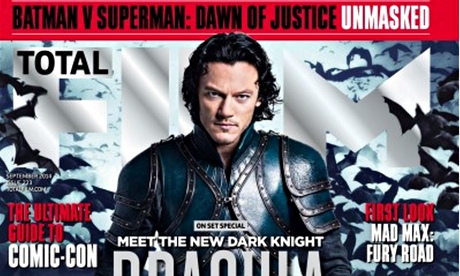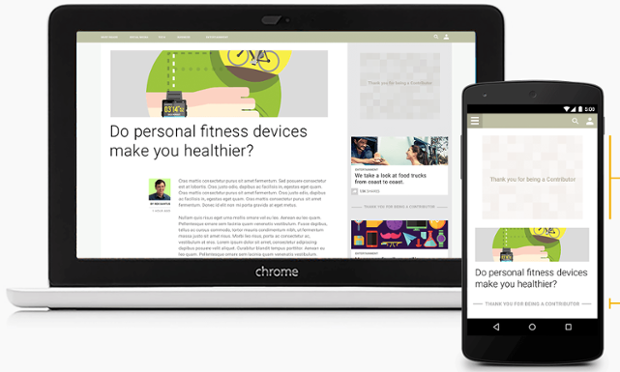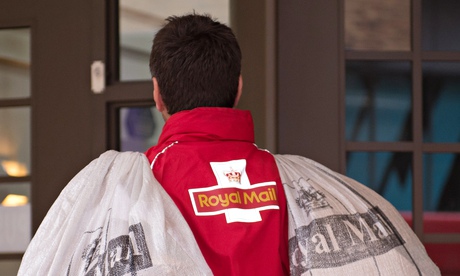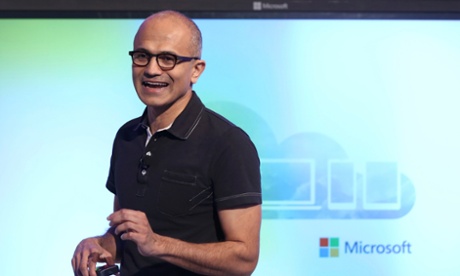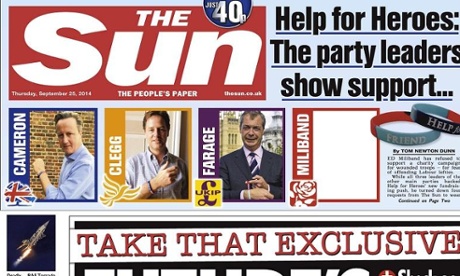This article is about how Apple have broke all their records this year and they have become the first company to be worth $700bn. It shows how the new iPhone 6 and iPhone 6 Plus have been one of the main causes of their company succeeding as much as they have in the year of 2014.
- First company to be valued at $700bn (£446bn).
- The iPhone maker was already the world’s most valuable business, but in early trading its shares rose nearly 1% to $119.75, giving it a market capitalisation of $701.7bn. This is higher than the GDP of all but the top 19 countries in the world.
- Apple’s shares have risen around 60% this year, with the success of its iPhone 6 and iPhone 6 Plus one of the main reasons behind the surge.
- Last month it announced that it had sold a record 39.3m iPhones in its third quarter, and predicted that its latest products would help it boost sales by at least 10% over the forthcoming holiday period.
- Exxon is now worth around $405bn, while Apple’s technology rivals Microsoft and Google are valued at $392bn and $368bn respectively.
- Michael Corcelli, head of US fund Alexander Alternative Capital, saying he expected its market capitalisation to reach $1trn next year.
- But Apple is not the world’s most valuable company in history if inflation is taken into account. CNBC calculated that Microsoft’s peak market capitalisation of $613bn in 1999 would become nearly $875bn at 2014 prices.
http://www.theguardian.com/technology/2014/nov/25/apple-first-company-worth-700bn-iphone
